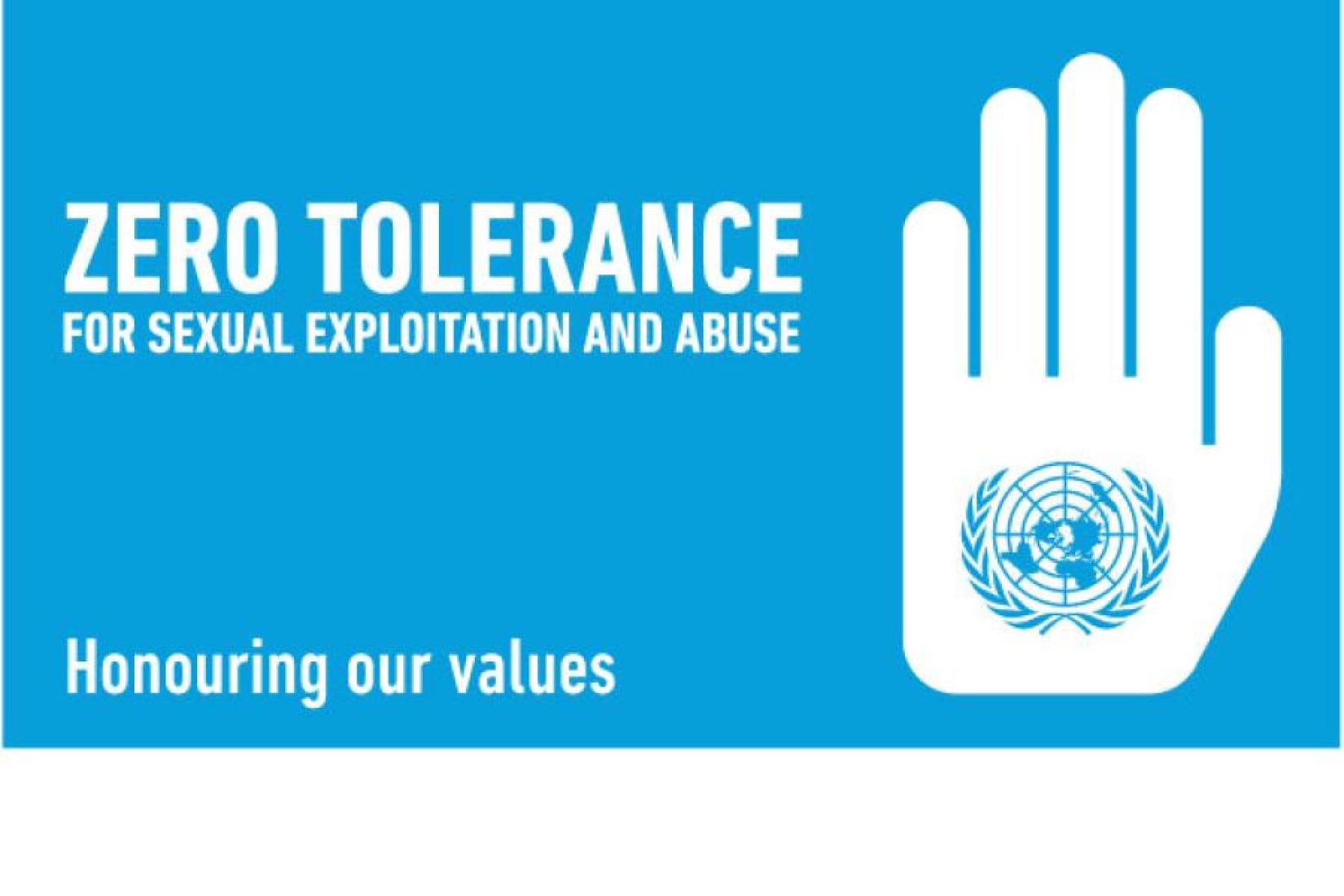Click here to submit an allegation
The received information and names will be treated with the utmost confidentiality. Victims’ or complainants’ consent will be secured before confidential information is exchanged, only as necessary for the purposes of investigation and providing professional support to the victim.
If you have any additional questions or you need any support with submitting the report, please write to sarangoo.radnaaragchaa@un.org
International PSEA hotline: +1 212 963 1111 (24 hours a day)
Protection from sexual exploitation and abuse, and sexual harassment
UN Agencies aim to provide a safe, trusted, respectful and inclusive environment where the people we serve and those who work for the organization feel safe, heard, equipped and empowered to speak up for themselves and others and where sexual misconduct does not happen. In case it does happen, UN Agencies take victim-centred action, striving to eradicate sexual exploitation and abuse (SEA) and sexual harassment (SH) from our organization and the sectors we work in.
This page serves as a reference point for reporting mechanisms and contact persons for alleged misconduct, including sexual exploitation and abuse committed by UN Personnel in Kazakhstan.
What is Sexual Exploitation and Abuse?
Sexual exploitation is any actual or attempted abuse of a position of vulnerability, differential power, or trust for sexual purposes, including but not limited to profiting monetarily, socially, or politically from the sexual exploitation of another.
Sexual abuse is actual or threatened physical intrusion of a sexual nature, whether by force or under unequal or coercive conditions.
Sexual Harassment versus Sexual Exploitation and Abuse
SEA occurs against a beneficiary or member of the community by a UN personnel, UN Implementing Partners, and humanitarian actors. Sexual harassment can occur between personnel/staff and involves any unwelcome sexual advance or unwanted verbal or physical conduct of a sexual nature.
The distinction between the terms is important so that agency policies and staff trainings can include specific instruction on the procedures to report each.
| Sexual Exploitation (SE) | Sexual Abuse (SA) | Sexual Harassment (SH) | |
| Definition |
|
|
|
| Who’s involved? |
|
|
|
| Examples |
|
|
|
Zero Tolerance
The UN adheres to the policy of zero tolerance to SEA meaning that it takes a strong stance against any allegations of sexual exploitation and abuse committed by its personnel, and that it will investigate all such allegations thoroughly and take appropriate action against those responsible. This policy is based on the principles of accountability, transparency, and the protection of victims. The policy applies to all personnel associated with the UN, including staff, contractors, and experts on mission. Additionally, the UN requires that all partners involved in UN activities or operations adhere to the same standards of conduct.
Who does the Zero Tolerance Policy apply to?
- UN Personnel and UN Implementing Partners.
- "UN Personnel” means staff members of the UN Secretariat or any UN System Organization, UN Volunteers working with any such organization, people deployed to a UN System Organization under Stand-by Personnel arrangements or on reimbursable loans, interns, people deployed to a UN System Organization through an employment agency or similar arrangements, gratis personnel, and individuals who have a consultancy contract with a UN System Organization, as well as international or regional military forces operating as part of a UN Peacekeeping Mission or otherwise under or associated with a UN mandate.
- "UN Implementing partner" is an entity to which a UN office or entity has entrusted the implementation of a programme and/or project specified in a signed document, along with the assumption of responsibility and accountability for the effective use of resources and the delivery of outputs. Implementing partners may include – but are not limited to:
- Government institutions,
- Inter-governmental organizations,
- Civil society organizations, including NGOs.
- Implementing partners’ subcontractors are subsumed within this definition.
Relevant links:
United Nations: Preventing Sexual Exploitation and Abuse
https://www.un.org/preventing-sexual-exploitation-and-abuse/
How to report?
https://www.un.org/preventing-sexual-exploitation-and-abuse/content/how-report

